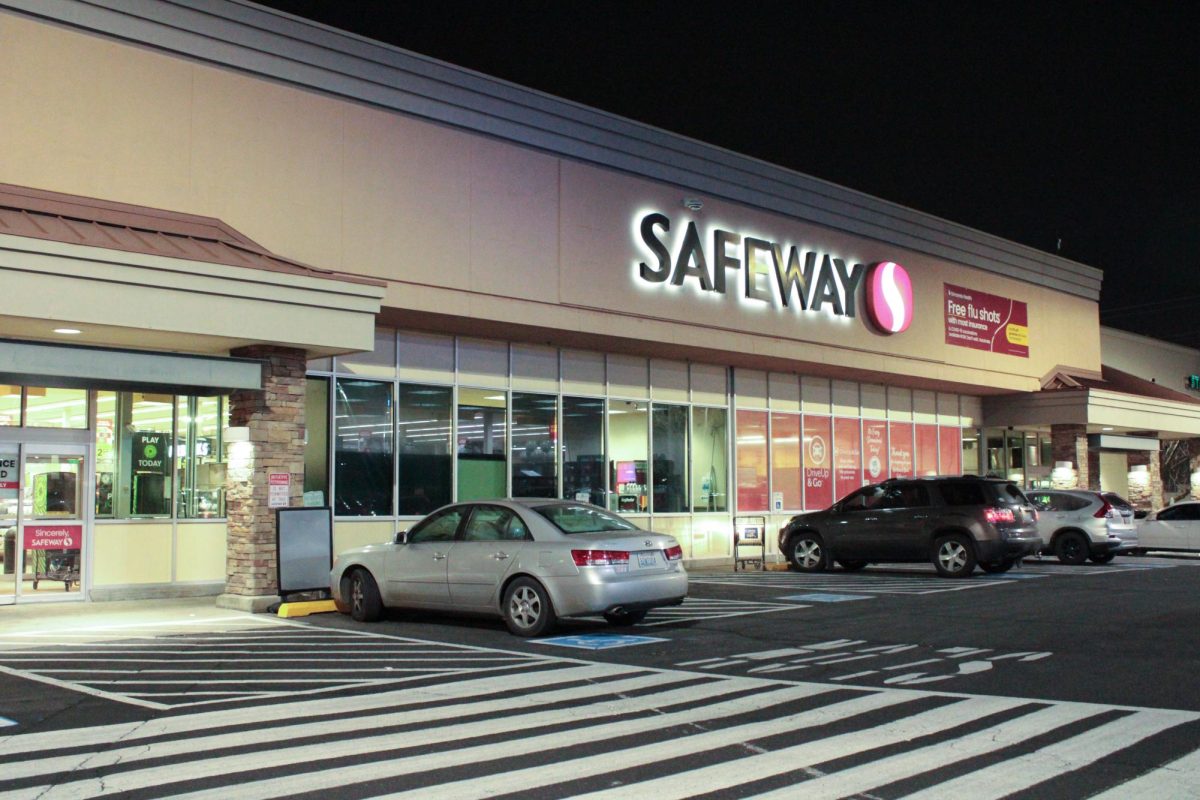In the wake of the election season, conversations around what is coming during Trump’s second term as president are in full force, including his proposed tariffs. In fact, Google searches for the term “tariff” have increased increased 1,650% since the election results were finalized.
Trump has proposed heavy tariffs on imports from countries like Mexico, Canada and China. PBS reported that Trump plans to put a 25% tax on all products from Canada and Mexico, and a 10% tax on products from China.
A tariff is a specific kind of tax a country imposes on goods produced in other countries. When companies have to pay that tariff to get the imported goods they need, their profit margins could go down. The idea is to make sure that goods made in America are cheaper than those who have parts that are imported.
Instead, most companies find themselves needing to raise costs for the consumer so the companies can still make money. With costs increasing due to proposed tariffs, companies may have to raise prices for consumers to keep their profit margins the same.
BBC says that the proposed tariffs could mean U.S. households lose anywhere between 2% and 4% of their income — around $1,700 annually. Trump implied that the tariffs would create more U.S. jobs, however BBC does not back up this claim.
In fact, American companies are already bracing for the struggle of being able to afford the imported goods they need, in advance to any tariffs being imposed. Many companies are preparing to raise prices in the new year. This means that American consumers will pay more for the goods they need.
According to a study by ResearchGate, these kinds of tariffs have been implemented before, and the result was unfavorable. This study outlines how the U.S. put a tariff on Chinese imported goods and China imposed a reactionary tariff in response. This cost companies billions of dollars.

So, what does this whole tariff dynamic mean for a place like Whitworth? The answer to that can’t be known with full certainty, of course. But Kyle Marquez, a fourth-year political science and theology major has some insight on how this could affect the US at large.
Marquez says that the numbers Trump is throwing around are unlikely to play out.
“[Trump’s tariff plan] in all honesty, would be catastrophic to our economy and the cost of living. But it’s much more likely that lower tariffs will happen and things will get more expensive as well,” Marquez said.
At Whitworth, Marquez said it’s possible that food costs could go up. “For Sodexo having to pay more for goods that they have to have, that might, result in, [a] raise the costs of a meal plan that a student has to have. Or any of the snacks in Qdoba,” Marquez theorized. “Food is a very easy example of things that could impact students’ day to day lives because we all need to eat to be able to live.”
The FDA says that around 15% of the U.S. food supply is imported. According to the FDA, 32% of our vegetables, 55% of our fresh fruit and 94% of our seafood that the U.S. consumes each year is imported. The USDA also predicts that the number of agricultural imports into the U.S. will continue to rise in the coming years. This is because they see a rise of wealth and ethnic diversity in America which has increased the demand for, “tropical products, spices and imported gourmet products.”
Marquez also says it’s possible that other things like the new engineering building, which began construction this past summer, could cost more than anticipated as some building materials cannot be bought in advance, before tariffs are implemented.
AP News reported that the U.S. gets 60% of its crude oil, and 85% of its electricity imports are from Canada. Several metals and minerals are also largely acquired from Canada. While final decisions haven’t been made according to the article, retaliatory tariffs from Canada are a possibility, if Trump’s tariff plans for Canada are enacted.
In light of this uncertainty, Marquez hopes people at Whitworth lean into the community around them. “In conversations like this […] I really want to emphasize the idea of charity. That even if somebody disagrees with you on some really nuanced policy like tariffs, […], that first step and posture should be: ‘I want to understand where you’re coming from, and I want to understand what this is.” Marquez called this practice “Intellectual humility.”











